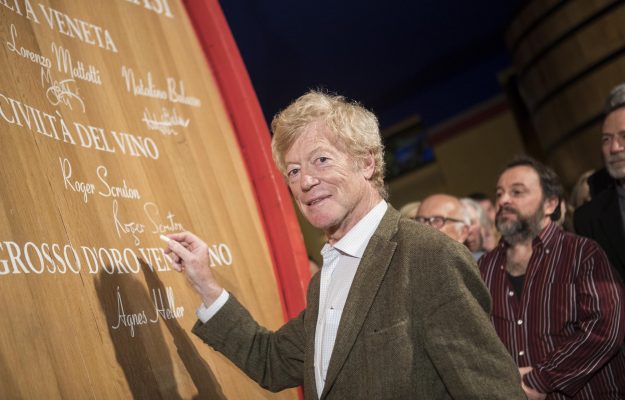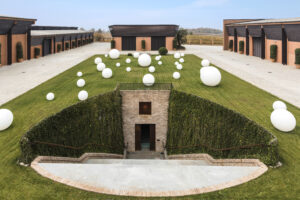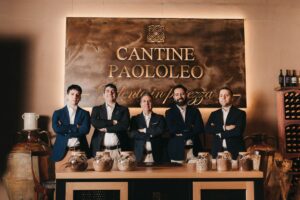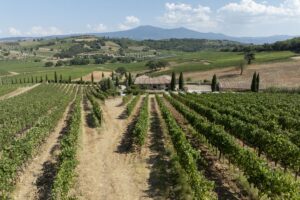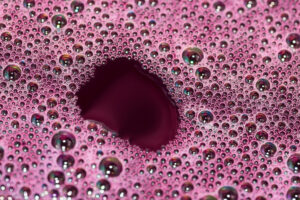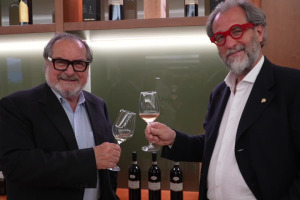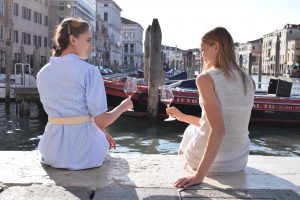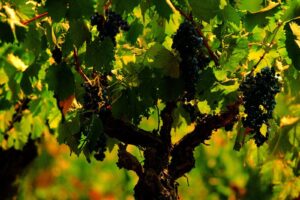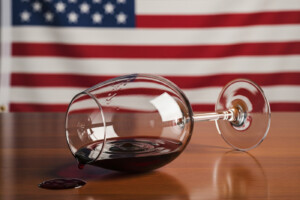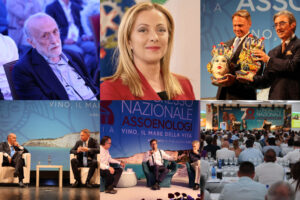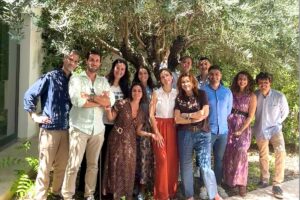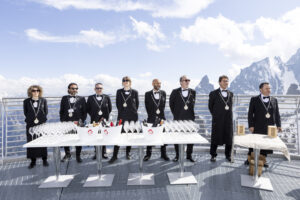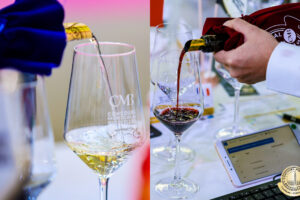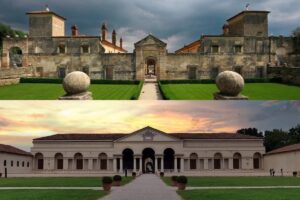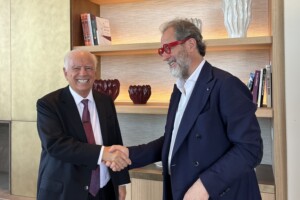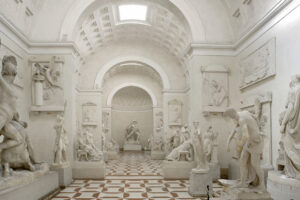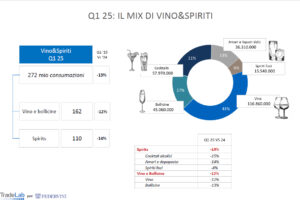“Italian wine is closely linked to the villages, the territories from which it comes and particular varieties that represent the intensity of a “localized” life and, therefore, has great philosophical significance. The relationship between subjectivity and objectivity is a difficult combination to resolve because taste, of course, is subjective but it can be discussed, and for wine establishing it is not as important as it is in other fields, such as architecture. If a building is built that one does not like in the historic center of a city, people can also get angry about it. It is in these cases that the objective criterion of judgement must be established”. According to Sir Roger Vernon Scruton, “polemicist” Senior Research Fellow at Oxford University’s Blackfriars, who in 2009 dedicated an essay to the history and philosophical implications of wine in Western civilization, “Bevo dunque sono”, winner of the Masi Prize for the Civilization of Wine No. 35, in 2016. This is how we want to remember him, the day after his death, with his words, always impactful and brilliant, never trivial, even when it came to wine.
He was skeptical about the concept of “wine culture”, because “I believe that wine is and should be part of everyday life. When we elaborate too much on wine,” explained the British philosopher, “and when we elaborate on its characteristics we destroy its meaning. In reality, wine is the door to the spiritual life within everyone’s reach. Of course, just like every good thing, even in the case of wine you can abuse it, but you understand its meaning when you use it most appropriately”. The judgment of wine experts, including the Masters of Wine, the British institution par excellence, who also counts a large number of women among their ranks: “I am very skeptical about wine experts. I think they are all swindlers, particularly women: the motive for this “fraud” is money. What matters is whether we like it or not. When I was a wine critic for a daily newspaper in London, I used to give it to my horse and it was the best critic!”.
A distrust, which probably stems from wanting to take oneself too seriously, while the right weapon, for Scruton, is irony, used abundantly also in “Bevo dunque dunque sono”: “I am always ironic because it is only with irony that one can distance oneself from things. I respect the truth and by distancing myself from things I can distinguish the true from the false. Irony, however, is not understood by young people, nor does it have room in the world of digital and social media and, therefore, is not a useful tool to reach them”. Sharp is also his view of wine as an investment: “a complicated matter, the great advantage of fine wines is that they make fools spend a lot of money so that we common mortals can buy and drink second-rate wines at reasonable prices. This is the first time in two thousand years that China has found justification for investing money in wine and thus forcing up prices. I don’t think Brexit makes any difference in that regard.” More interesting is the parallelism between the approach to wine and love, with the first encounter with wine told as follows: “the aroma of a great harvest hovers over the glass and lips tremble with anticipation, as if on the verge of a fatal kiss. That between the approach to love, sex and wine is certainly a good comparison - the British academic said - you lose your virginity and these things become less magical as you get older”.
To remember Scruton, also Sandro Boscaini, at the head of Masi Agricola who, as mentioned, in 2016 awarded the British philosopher the international category “Wine Civilization” with the motivation: f has for decades shaken the intellectual world with its passionate polemics and, not without provocation, has dedicated to wine the book “Bevo dunque dunque sono”, an “eno-cultural” manifesto that retraces the history and philosophical implications of a heritage on which Western civilization is based, exalting its value, both material and spiritual. “He appreciated the Masi Prize that he received in Verona four years ago - says Boscaini - and I remember some significant passages of his speech that are also very topical: “I see in wine a way to break the ice, to negotiate treaties, to overcome the shyness between men and women, all things difficult to achieve in the absence of the nectar of Bacchus” ... even in relations between people: “I notice that civilizations that do not consume wine have problems; the Middle East is an example of this: culture is seriously influenced by the lack of wine, emotions are less spontaneous and there is a risk that violence takes over”.
Copyright © 2000/2025
Contatti: info@winenews.it
Seguici anche su Twitter: @WineNewsIt
Seguici anche su Facebook: @winenewsit
Questo articolo è tratto dall'archivio di WineNews - Tutti i diritti riservati - Copyright © 2000/2025










